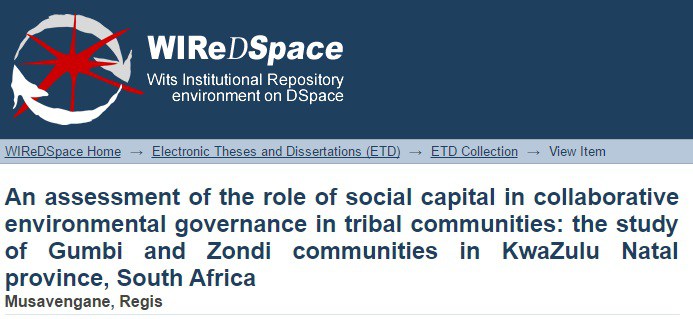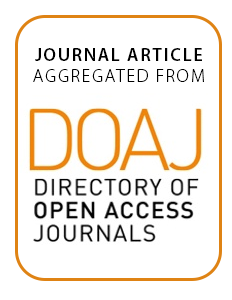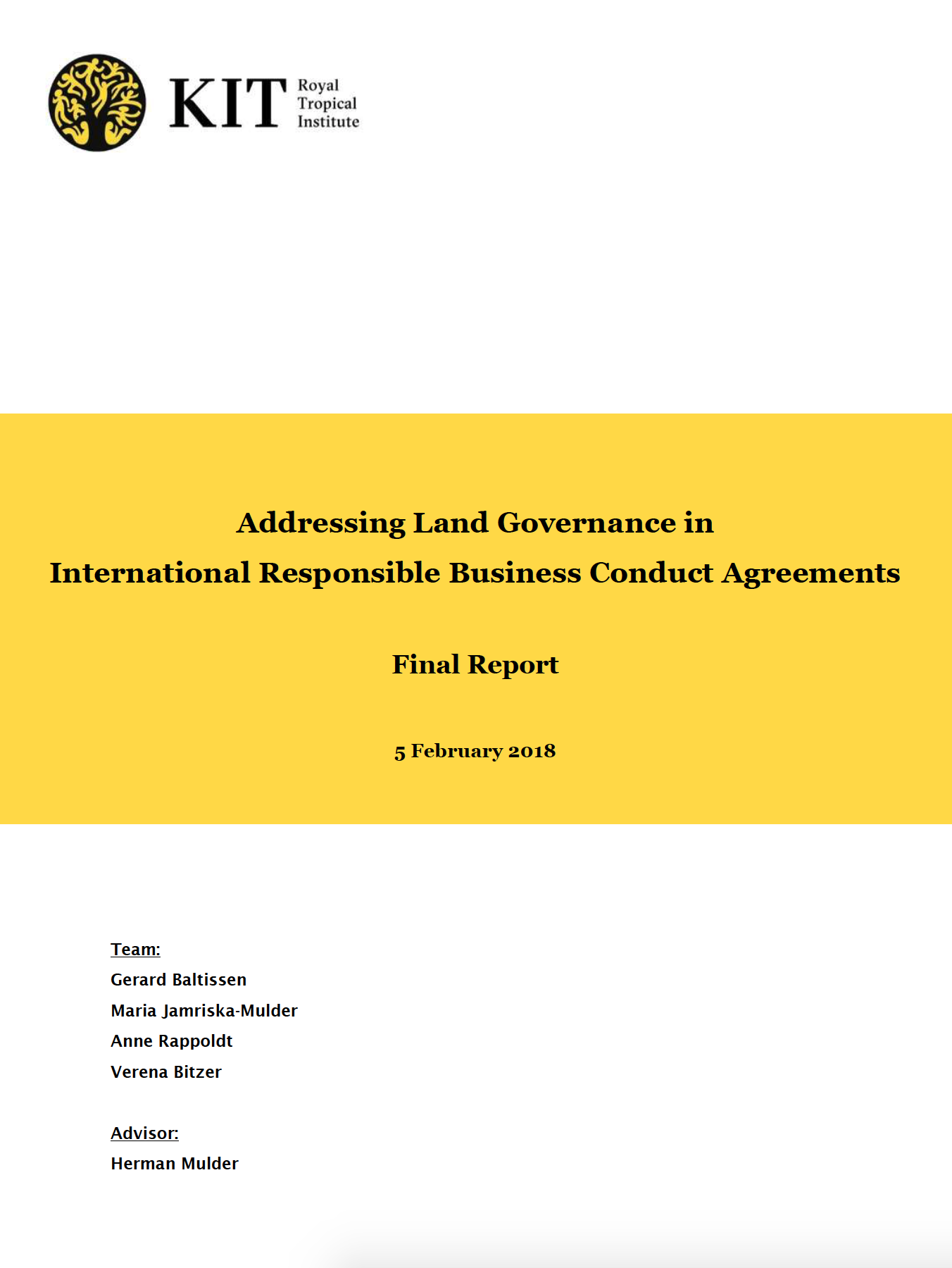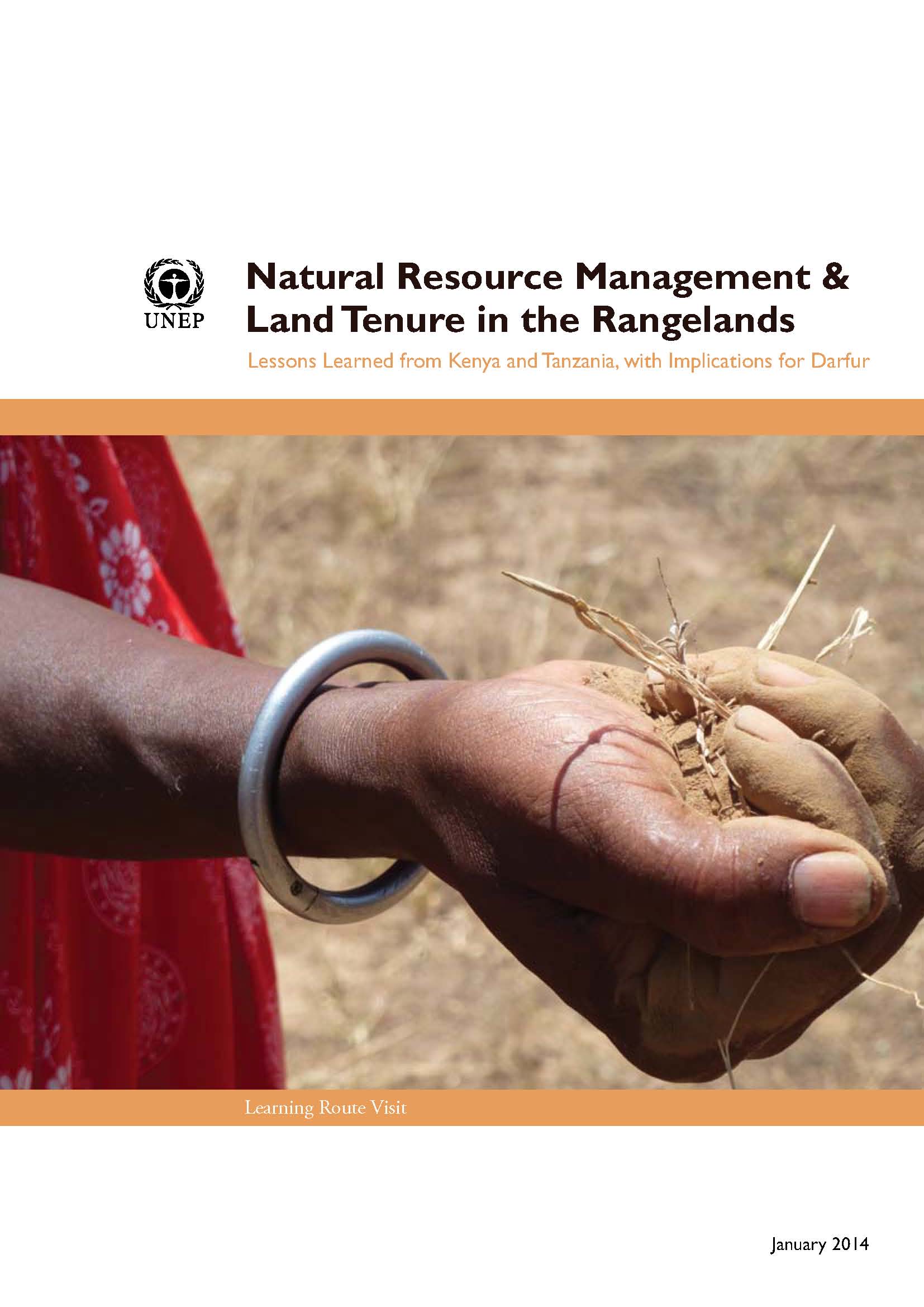Myanmar ready for climate change?
...According to the 2016 Climate Risk Index, Myanmar is the second-most-vulnerable country in the world to the effects of climate change. Joern Kristensen, director of the Myanmar Institute for Integrated Development (MIID), has experienced firsthand how new weather patterns are putting farmers under stress. His organisation runs a climate adaptation project in the highland areas of Nyaungshwe and Kalaw in Shan State. “What we can see there is, while precipitation has been more or less the same for the past 20 years, the rainy season has become shorter.












